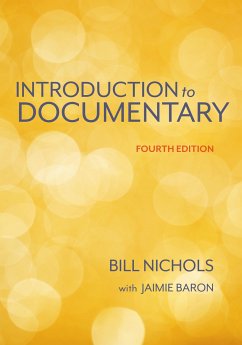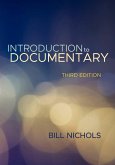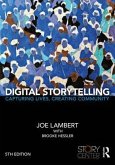"The fourth edition of Bill Nichols's best-selling text, Introduction to Documentary, has been vastly altered in its entirety to bring this indispensable textbook up to date and reconceptualize aspects of its treatment of documentaries past and present. Here Nichols, with Jaimie Baron, has edited each chapter for clarity and ease of use and expanded the book with updates and new ideas. Featuring abundant examples and images, Introduction to Documentary, Fourth Edition is designed to facilitate a rich understanding of how cinema can be used to document the historical world as it is seen by a wide variety of filmmakers. Subjectivity, expressivity, persuasiveness, and credibility are crucial factors that move documentary film away from objective documentation and toward the thought-provoking realm of arguments, perceptions, and perspectives that draw from a filmmaker's unique sensibility to help us see the world as we have not seen it before. Exploring ethics, history, different modes of documentary, key social issues addressed, and both the origins and evolution of this form, this updated volume also offers guidance on how to write about documentaries and how to begin the process of making one. Introduction to Documentary, Fourth Edition will be of use not only to film students but also those in adjacent fields where visual representations of reality play an important role: journalism, sociology, anthropology, feminist and ethnic studies, among others"--
Bitte wählen Sie Ihr Anliegen aus.
Rechnungen
Retourenschein anfordern
Bestellstatus
Storno








